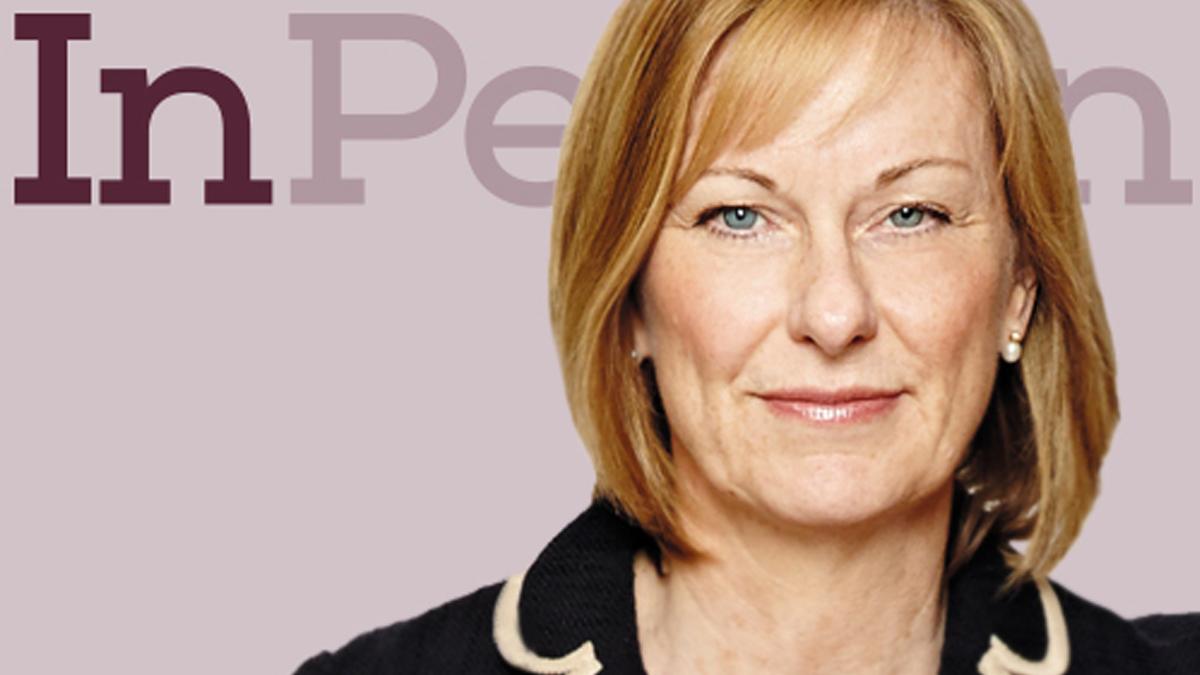First contact physiotherapy can play a major role in reviving and strengthening the NHS, says CSP chief executive Karen Middleton

I recently heard a patient discuss his experience of seeing a first contact physiotherapist (FCP) in his local GP surgery. The patient, who had low back pain, described the expert assessment and diagnosis he received at that first appointment which allowed him to begin his rehab journey.
He spoke about the outpatient follow-up which enabled him to get back to doing what he wanted to do. It was a pathway that kept him off prescription drugs and out of hospital care.
With stories like this it’s little wonder FCP services record such high patient satisfaction. It’s about giving patients answers, and reassurance, and helping those who need further appointments approach those sessions in a better mindset.
But that patient’s story also encapsulates the broader benefits of the model and why we, as the CSP, are fully behind it. It promotes the expertise that we know we have to offer in understanding the individual and identifying a way forward.
It ensures fewer patients are sent for unnecessary scans and tests, and cuts referral rates to secondary care. It creates new, exciting posts for physios to develop their skills and careers in an evolving area of the NHS. And yes, it eases the pressures on GPs and primary care.
This final point is critical but for some it’s a cause for concern. What’s in it for physiotherapy? Why must we solve primary care’s problems? Well, to start, there is the pragmatic reason that if we don’t do it, someone else will step up and the opportunity will be lost.
Secondly, by delivering a solution to one of the NHS’s biggest problems, we are positioning ourselves as a key player in the transformation of our health service. This will help us secure other advances and opportunities for physiotherapy.
Finally, it’s the right thing to do. We are a profession delivering healthcare and the system is our responsibility too.
Primary care is a pinch point for patients, so if we can help improve it, we should. But I recognise there are tensions.
We already have vacancies, so how can we fill new roles? Are there enough advanced practitioners to do the job? Why just MSK?
We had a 34% increase in UK training places last year. Other professions are struggling to train and retain sufficient numbers, we are not. You, the members, have worked really hard to think creatively about providing clinical placements for these additional students
Advanced physiotherapy practitioners are moving into primary care and onward referrals do decrease as a result – including for physiotherapy – so there is a shift in where people are working. And we’re starting with MSK as that is where most of the data is.
Already FCPs are seeing people with long-term conditions and fragility issues.
As the primary care team or network becomes the norm, all sorts of possibilities open up. But there is concern that we are relinquishing a key strength: rehab.
It’s true FCP roles are more about assessment and diagnosis than treatment. But that’s where rehab begins and setting someone on the path to recovery is essential to our job.
We are fully committed to ensuring that no-one misses out on the rehab they need. And we will continue to lobby hard for unacceptable variations in provision to be eliminated.
I recognise there will be a period of transition that could be difficult to manage and our FCP transformation network is there to support you, in addition to the CSP staff specifically supporting the FCP roll out.
We must hold our nerve as FCP is right for patients, the public and the healthcare system. We have a duty not only to help avert a crisis in primary care, but to drive forward a transformation that delivers on our core purpose as a profession.
Contact Karen at enquiries@csp.org.uk
Author:
- Karen Middleton Chief Executive Officer CSP
Number of subscribers: 1




































